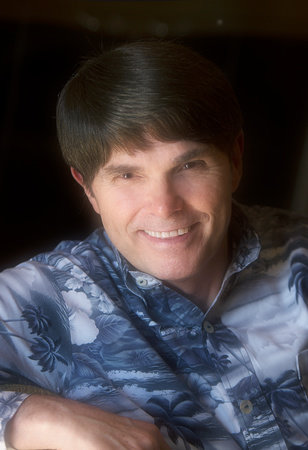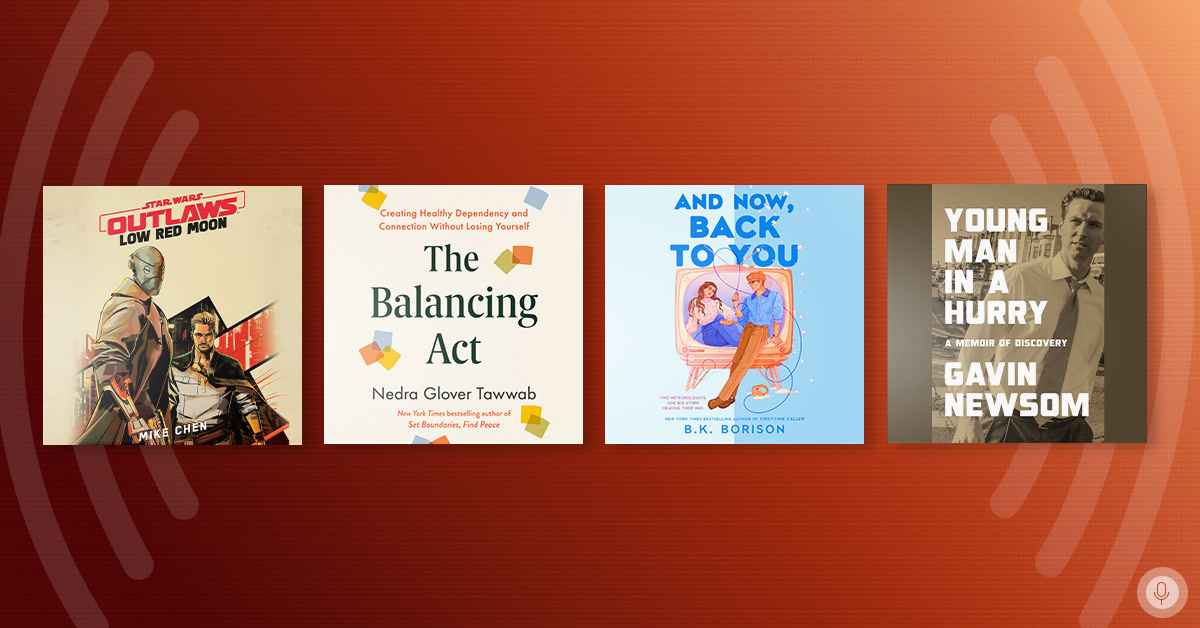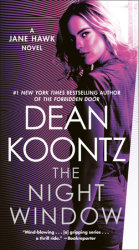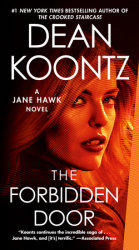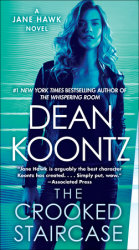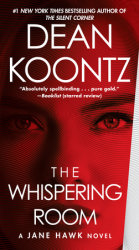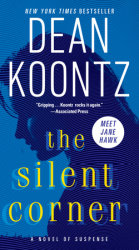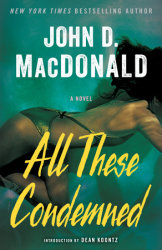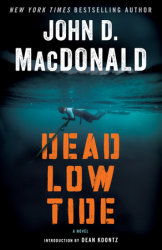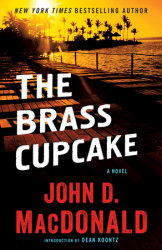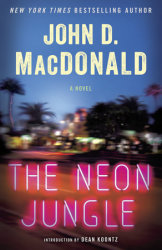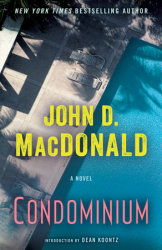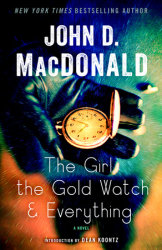PENGUIN RANDOM HOUSE: You are an author who writes so brilliantly and prolifically across genres. Are there common threads among your books? Among your characters?
DEAN KOONTZ: You make me blush. But give me just a moment, and I’ll get over it. Well, I seem to be endlessly combining genres in different ways because as a reader I like all kinds of fiction and want to write in virtually every genre. When I first started doing this more than thirty years ago, publishers weren’t enthusiastic, but now it’s become acceptable, so I’ve never had to learn a trade like plumbing or carpentry. The common thread among the books is my view of the world: that it is a place of layered mysteries, of profound wonders and great beauty, where there is darkness and Evil but also hope that can’t be extinguished. If one thread runs through most of my lead characters, it is that they are not special agents with nearly superhuman skills, not indestructible mesomorphs, but ordinary people – masons, bartenders, gardeners, fry cooks – who suddenly find themselves in extraordinary situations. Sometimes they’re even people with disabilities, such as Chris Snow in Fear Nothing and Leilani Klonk in One Door Away from Heaven. Also, I find myself more interested in characters who are, in one way or another, outsiders or on the edges of society.
PRH:How do you feel your style has changed over the years or at times, from book to book?
DK: One reviewer recently referred to my “later mellifluent style.” I built a little shrine to him. I’ve long been fascinated with the possibilities of our beautiful language, and I find that the more chances that I’m willing to take with it, the more I’m willing to experiment, the smoother the style becomes. I’ve found that even horrific moments can be described in ways that charm rather than repel – and yet generate fright and the right moral response.
PRH:You have written books in a series, standalones, and short stories. How does your process stay the same or differ?
DK: In a short story like Wilderness or a novella like The Moonlit Mind,I try to create as rounded and visualized a world as I would in a full-length novel. It shouldn’t feel truncated or thin or in any way like a fragment of something bigger. Otherwise, I just write as I would when working at book-length. I’m beginning to think I might have had enough of series, once I’ve finished the Odd books and the third Chris Snow. I’m getting what feel like some of the best ideas of my life, and they want to be fully realized in a single volume.
PRH:What inspires you to strike out in new directions, and how do you feel your latest novel, Innocence, fits within the whole of your work so far?
DK: I have a low boredom threshold. I’m always looking to do something I’ve not done before, because the challenge – the possibility of failure and humiliation and loud public scoldings and angry crowds with pitchforks tracking my car with GPS devices – is exhilarating. Like all first-person narratives, Innocence presents me with the problem of creating a unique voice, one that doesn’t sound like Odd Thomas or like Jimmy Tock in Life Expectancy, or like any other first-person narrator I’ve created. And Innocence takes some themes that I’ve been exploring for a long time and employs them in a new way, in a very different kind of story, so that it’s a natural step in my creative evolution. Now please put down that pitchfork.
